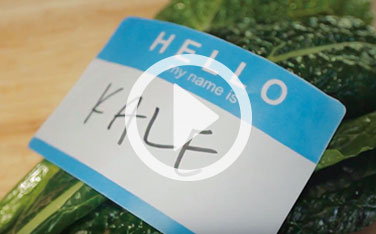You’ve probably heard chatter about going vegan. A 2016 Harris Poll found that an estimated 3.7 million adults in the United States adhere to a vegan diet.
While vegetarians don’t eat meat, vegans go a step further by eliminating other animal products like eggs, dairy and more. People choose this modified diet for a number of reasons, including animal welfare, environmental conservation, and health benefits such as increased energy and lower cholesterol. This shift in diet is proven to be safe, although it may have some unintended consequences for oral health. According to the American Dietetic Association, nearly anyone can live a healthy life without meat, but giving up traditional sources of nutrients can increase the risk for periodontal (gum) disease.
One of the biggest things to watch out for is maintaining adequate levels of calcium and vitamin D. Dairy is among the most popular source of calcium, which plays a pivotal role in keeping bones and teeth strong. Luckily, vegans can still get the proper amounts of calcium from broccoli, leafy greens, soybeans and calcium supplements. In order to absorb that calcium, though, people need adequate levels of vitamin D. Fatty fish, cheese and milk are typical sources of vitamin D, but vegan sources of this nutrient can include vitamin D supplements, fortified cereals and fortified juices. (Be wary of juices with too much sugar!) And the main source of vitamin D, sunlight, is available to everyone.
Switching to veganism can take time to get used to, so it is good to seek help from reliable sources. Working with a dietitian can help accommodate veganism while still getting the nutrients a healthy mouth needs. Additionally, those considering a vegan diet should check with their physicians and dentists to ensure safe eating practices.









